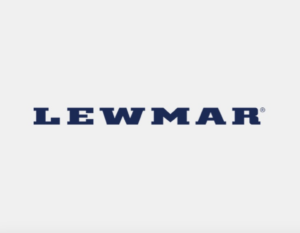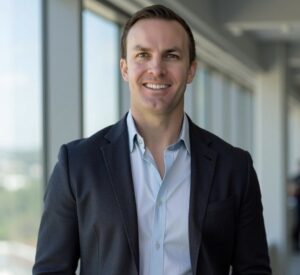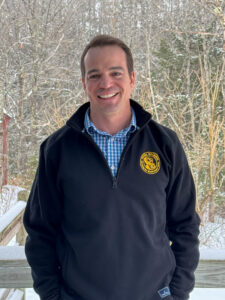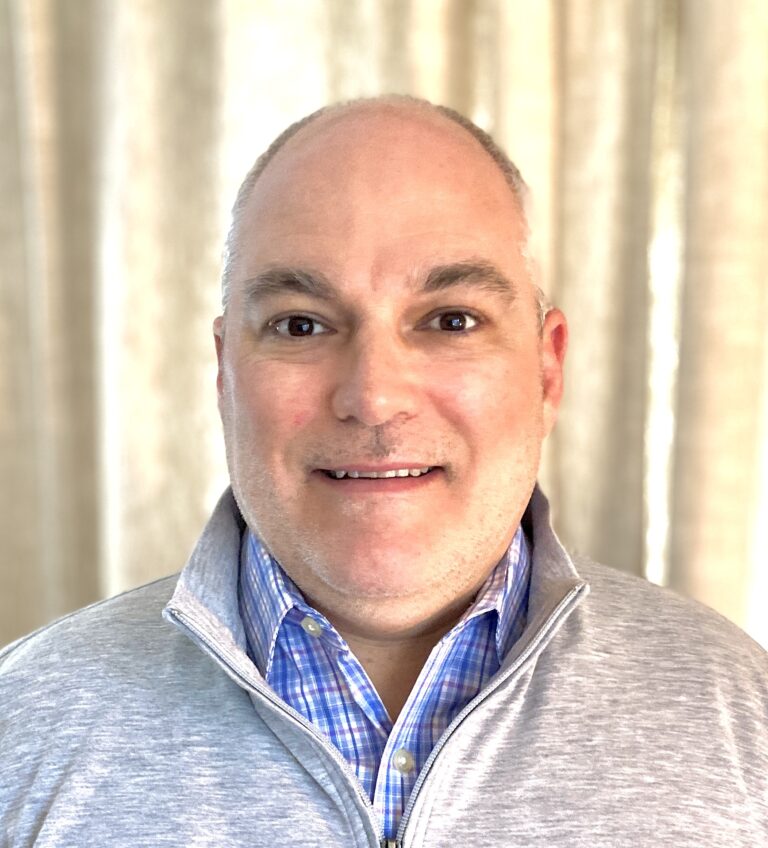
Companies in need of skilled workers are increasingly forging partnerships with high schools to help them reimplement vocational training.
Gabe Schorner of Rhode Island became trained in welding as a high school student, which resulted in a full-time offer from Electric Boat, a Rhode Island submarine manufacturer.
“I don’t like the idea of going to college — I wanted to avoid taking on that debt and everything else,” Schorner told The Wall Street Journal. “Being out in the world is a lot more fun.”
Coventry High School established its welding program after Electric Boat, one of the state’s largest employers, declared it was looking to hire 14,000 new employees in the next decade.
The company wasn’t finding enough recruits coming out of college. Electric Boat turned to high schools — where students can be discovered early, and the training is free.
Such direct ties between big companies and local high schools are multiplying.
Yamaha Marine has worked with schools around the country to help them implement marine outboard programs.
Volkswagen is helping schools in Tennessee modernize their engineering programs; Tesla is partnering with Nevada schools on an advanced manufacturing curriculum;
Fisheries in Louisiana have created courses for students to train for jobs in “sustainability.”
Schools are once more deciding it is worth intervening in the lives of students who might not have the academic prowess, or the financial footing, to pursue bachelor’s degrees, and instead equip them with skills for steady employment.
Nationally, the number of high-school students concentrating in career education has risen 22 percent over the past decade, to 3.6 million.
Businesses are searching hidden corners of the population to find people with skills they need. Governors are also working with their states’ companies to shape curricula. “For a long time, there was a little bit of a stigma around vocational training,” Gina Raimondo, Rhode Island’s Democratic governor, told the newspaper.
For Schorner, the toughest critics initially were his parents, a hurdle several who head up marine trade associations have echoed.
Schormer’s mother and stepfather considered welding too dirty and dangerous for him. They told Schormer they didn’t want him to give up on college.
“Now they’ve kind of seen all the stuff I’ve been doing,” he said. “I guess they’re confident with my choices now.”











